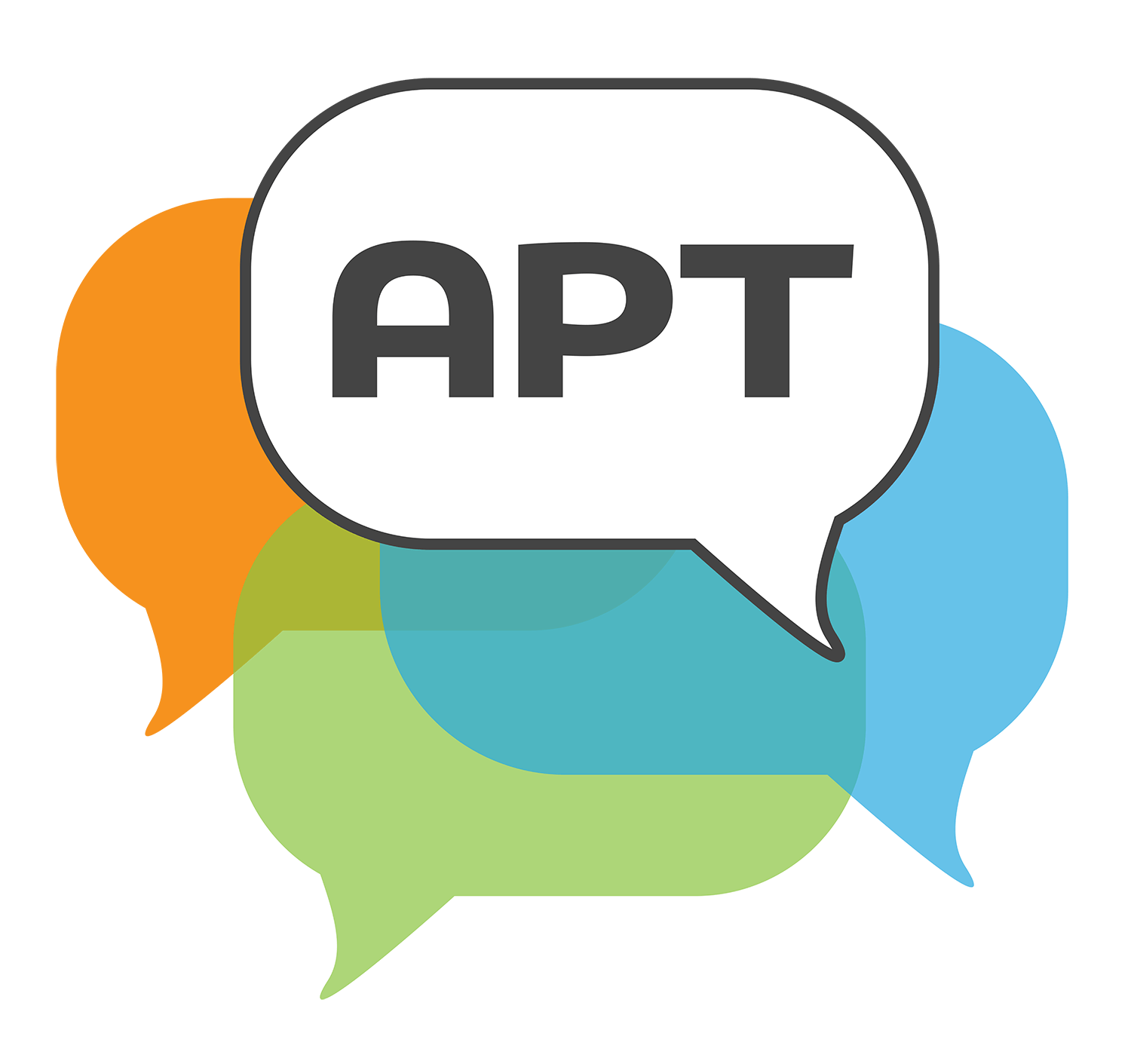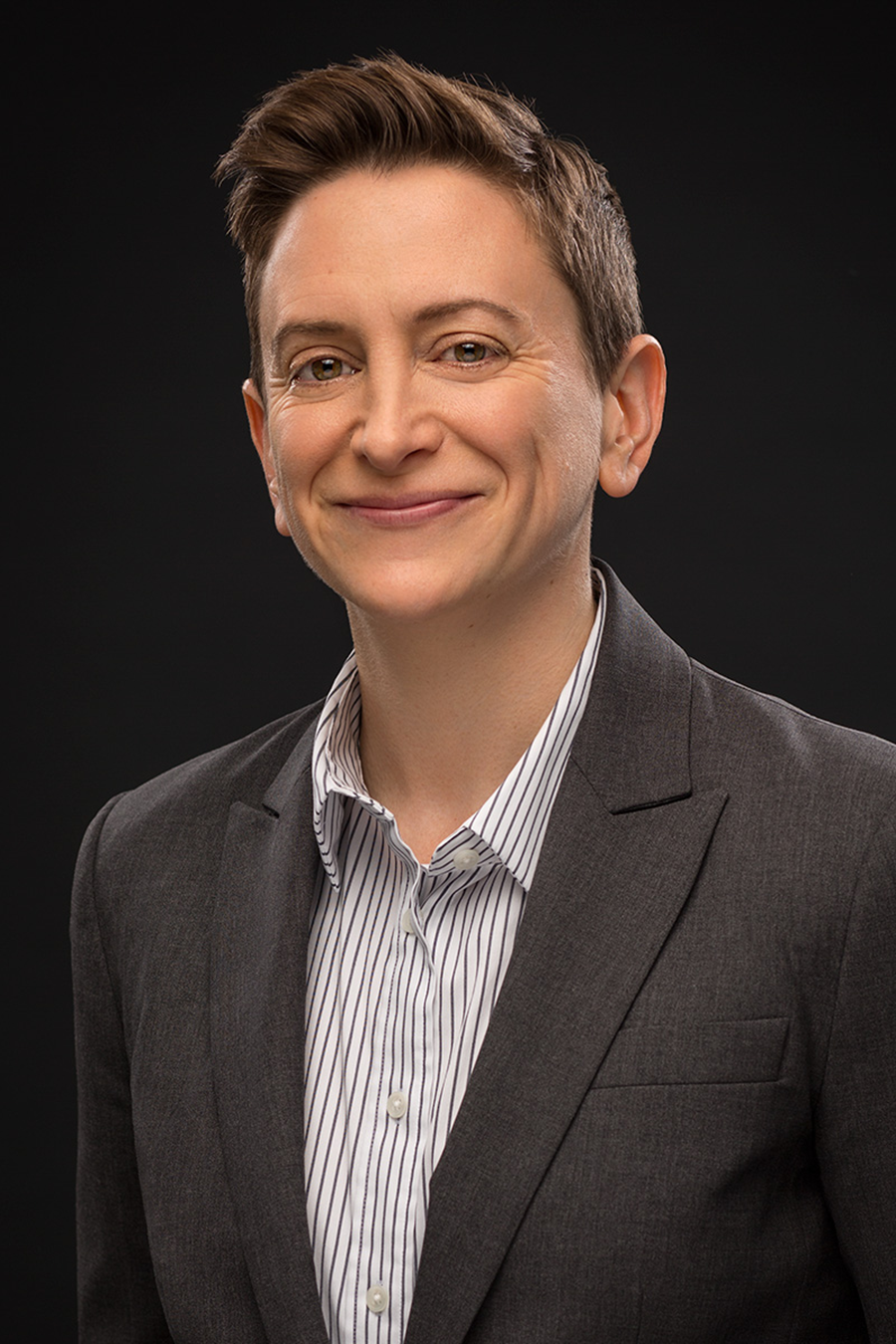About the Project
The research knowledge base and 21st century education standards both support approaches to instruction in which students engage in explaining their thinking and making and defending arguments. Yet, student discourse remains rare in today’s classrooms and is often not addressed in teacher preparation programs.
A team of researchers, supported by a conference grant to the SERP Institute from the Spencer Foundation, identified barriers to change. These include vagueness in what we mean by academically productive talk (what features make student discourse productive for learning), whether and how these features differ across grade bands and subject areas, and what conditions support high-quality APT. There was consensus among the researchers that efforts to promote clarity will be most fruitful if the discourse is tied to concrete examples of APT across grades and disciplines.
With a Lyle Spencer Award to the SERP Institute, a library of videos was amassed, and a varied team of seven researchers collaborated closely over several years, scoring each video and discussing variation in scoring in order to identify the sources of similarities and differences in judgments. The research explores the following questions:
- Is there consensus regarding the features of quality discussion, and do those features differ within and/or across content areas?
- What conditions must be in place to support quality discourse?
- What examples provide references for a) stabilizing a common understanding of practices, and b) developing or using research instruments that will advance the knowledge base on student discourse and its effect on learning outcomes?
The Academically Productive Talk Project is a collaboration between researchers with expertise in teaching, learning and discussion across the content areas.
Meet them below:









